Noticia
UPS presents proposals for public policies on ICTs for people with disabilities
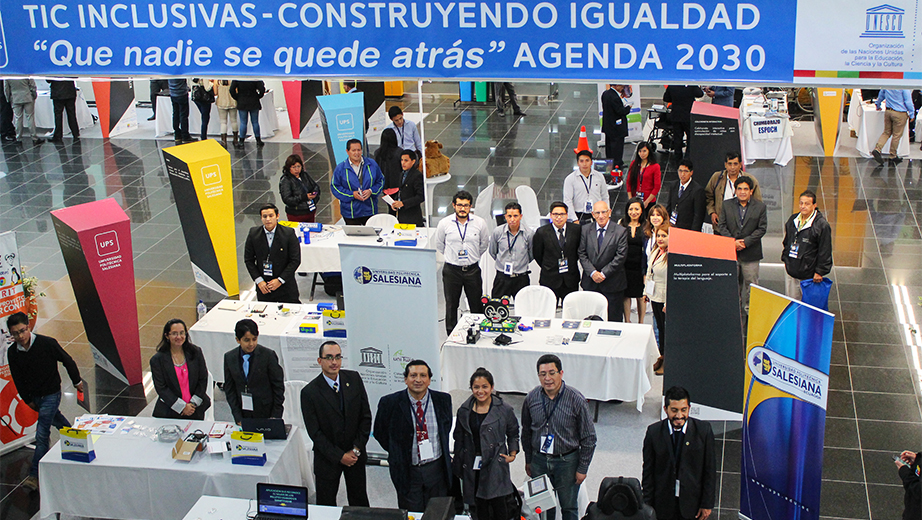
Students and professors, members of the university's research groups, presented 12 projects on inclusive and adaptive ICTs during the first regional meeting titled "Hacia la construcción de políticas públicas sobre tecnologías de información y comunicación (TIC) para personas con discapacidad" which was organized by the National Council of Disabilities (CONADIS for its acronym in Spanish) on the 23rd and 24th November.
The project is the result of joint work between the computer, electronics and mechatronics engineering undergraduate programs whose students are working for the inclusion of people with disabilities.
During the event, UPS president Javier Herran presented the topic "Cátedra UNESCO Tecnologías de Apoyo para la Inclusión Educativa en Ecuador". He said that there are 22 million children and young people who have some form of disability. "In Latin America and the Caribbean there are practices of total or potential educational exclusion, so it is essential to have strategies, tools or aids that allow them to include these people effectively in educational processes, and thus contribute to their development as members of society, "he said.
He added that the UPS has the Unesco Chairs program, a space where it seeks to improve access, learning and participation rates in the education of historically excluded populations, with special emphasis on children, the youth and adults in vulnerable situations and / or suffering from disabilities, using innovative support tools based on ICT.
As part of this event they held the Regional Continental Meeting "Building Equality", which took place from November 20 to 24, organized by the UNESCO Office in Quito and the National Council for Equality for Disabilities (CONADIS for its acronym in Spanish). The agenda focused on issues of efficient and sustainable public policies, aimed at the comprehensive care of people with disabilities, considering ICT as an element of disruptive innovation, which require changes in the practice of people with disabilities having access to to health, education, knowledge, work and entertainment.
Contenidos Relacionados
Contenidos Relacionados
Noticias Relacionadas
Noticias Relacionadas

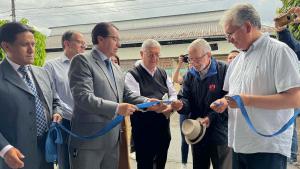
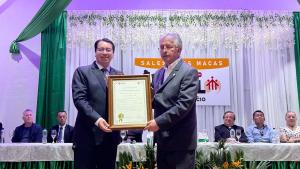
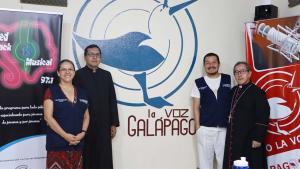
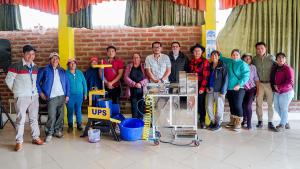
Follow us
Follow us